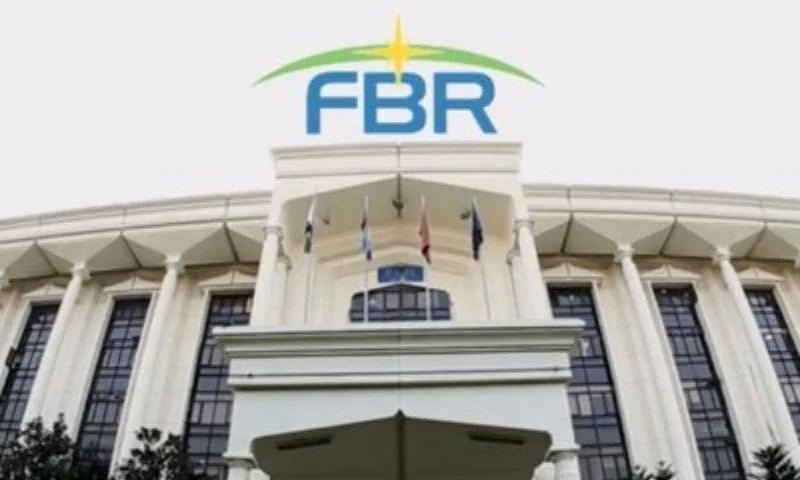In a landmark decision, High Court has halted FBR tax recovery actions against Askari Bank under Alternative Dispute Resolution mechanism. This ruling highlights the importance of tax dispute resolution and ensures that businesses engaged in ADR processes are treated fairly.
The case centers around a tax dispute between Askari Bank and the FBR. The bank has sought relief under the ADR formula. ADR offers a structured alternative to traditional court litigation, allowing businesses to negotiate their tax liabilities directly with the FBR. The goal is to reach a fair settlement without enduring prolonged legal battles. However, Askari Bank’s appeal to the IHC suggests there were disagreements regarding tax amounts owed or terms of settlement, causing bank to challenge FBR’s actions.
The IHC’s decision to pause the FBR’s tax recovery highlights the need for fair tax dispute resolution. The ruling stresses that authorities should not rush or settle tax disputes unfairly. This is especially true when ADR is ongoing. By halting the recovery actions, the IHC allows for more discussions. It reinforces the principles of fair treatment during the dispute process.
This case could have broader implications for Pakistan’s banking and business sectors, especially in how the FBR approaches tax recoveries when disputes remain unresolved. Should the IHC rule in favor of Askari Bank? it could set an important precedent, showing that businesses have a right to fair treatment while negotiating tax settlements. Conversely, if the FBR prevails, it could reaffirm the board’s stance on aggressive tax recovery.
Ultimately, the IHC’s intervention underscores the importance of establishing clear and fair guidelines for tax dispute resolution through ADR. This ruling gives Pakistan the opportunity to refine its approach to handling tax disputes, ensuring businesses have a fair chance to resolve their obligations without undue pressure. The outcome will not only influence the relationship between the FBR and businesses but also shape the future of ADR processes within the country’s taxation system.













